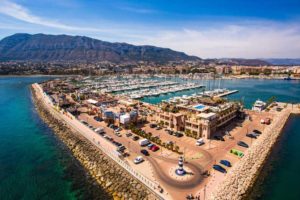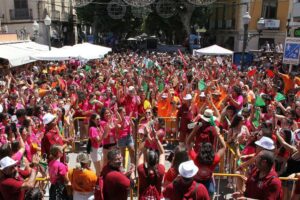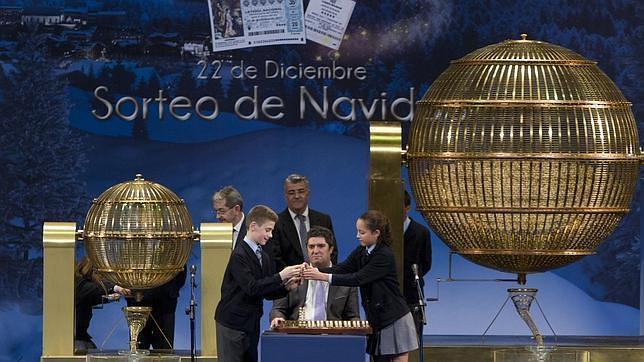
Christmas in Spain: main traditions
- Categories SPANISH CULTURE, STUDY SPANISH IN SPAIN
- Date 20 December, 2019
Knowing a language is not only learning the language itself, but also its culture and traditions. Christmas holidays are quite resembling in every country, but each place has its own differences, and these make Christmas a special and magic season.
We´d like to tell you more about Christmas in Spain. If you´ve been in Spain during Christmas, perhaps you already know our customs or maybe you´ll find out a new and surprising way to looking at this festivity. We´d also like to use this occasion to present you a Christmas vocabulary.
Christmas lottery day (El día de la lotería de Navidad) – (December 22nd)
“La lotería” is part of the Spanish culture. It´s a very generalized tradition. Throughout the year, millions of people “juegan” every single day to “la lotería”, hoping for the day it “toque” and “we make all your wishes come true”.
For Your Information
Looking to speak Spanish? We highly recommend you to study Spanish in Spain.
Check all our study Spanish abroad articles!
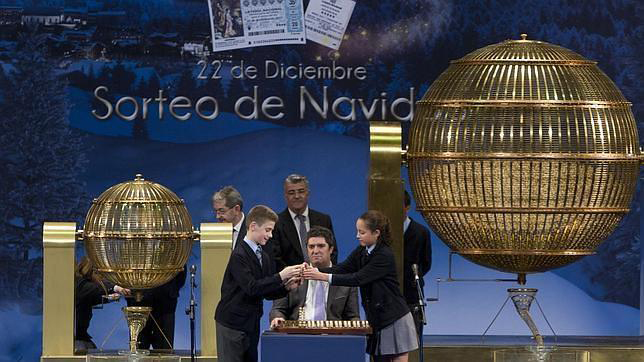
We play “la lotería” all year round but it´s during Christmas season when almost everyone plays. On December 22nd, the most popular draw of the year is celebrated: the “sorteo Extraordinario de Navidad”. We buy “décimos de lotería” which are tickets that can bring luck into our lives.
This “lotería” can be bought throughout the year; indeed, we are so superstitious that if we travel to another city, we use to buy a “décimo” from that city because we think: “What if it toca here?”
Every family buys their “décimos”, also amongst work partners, friends… In the end you get lots of “décimos de lotería” because when someone offers you a “decimo” you think: ¿What if I don´t buy it and it “toca”?
Although the odds are low, sometimes we believe in la “superstición”, and we buy it anyway.
The day of “la lotería”, many people follow the event on TV, on the radio and on the internet. It´s an exciting morning and everyone is pending the outcome. If you get “el gordo”, you win the first “premio”.
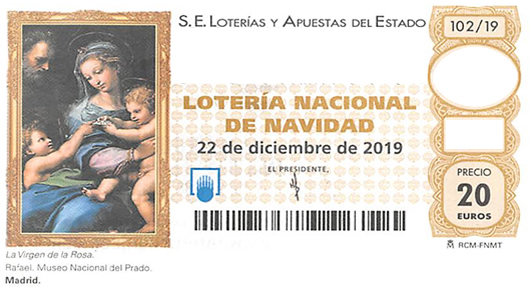
Furthermore, the celebration of this “sorteo” is special because it is carried out by “los niños de San Ildefonso”. This town holds a residence for children who come from socially and economically disadvantaged families and they´ve been singing “lotería” numbers for over two centuries.”
‘LOTERÍA’ VOCABULARY :
- Lotería
- Jugar a la lotería
- Tocar la lotería
- Sorteo
- Décimo
- Superstición
- El gordo
- Premio
Where to watch “el sorteo”: Radio Televisión Española (RTVE) en directo
Where to buy “lotería”: In any official administration of State Lotteries and Betting until December 21 at 10:00 p.m. You can also get a tenth through the Internet on the Loterías y Apuestas del Estado.
Christmas Eve (La Nochebuena) – (December 24th)
It is a very special night. During “Nochebuena”, families gather and have dinner together. We don´t have a different ritual than other countries; the most important is sharing dinner with our family.
It´s a very well-prepared dinner, some people even programme it many days in advance. We have a family dinner and then we play “Villancicos”, sing, dance, make a toast with Cava or Champagne… every home creates its own “Nochebuena”. Houses are decorated with the Christmas tree and “el Belén” (the scene where Jesus was born.) The most typical Christmas sweet is “el turrón”.
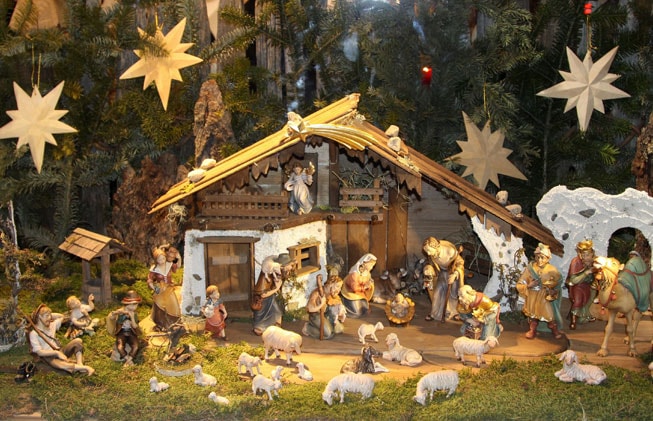
In Spain, the King gives a speech every year, the 24th of December at 9:00 PM. It´s very common to watch this speech on TV before or during dinner. On this speech, the King makes a review of the year. He talks about social and economical points and about the country wishes. The following days, the speech is widely commented.
On TVE (Televisión Española) website where Spanish people watch the King´s speech: https://www.rtve.es/directo/la-1/
You can see the full speech here: King of Spain’s Speech 2023
Christmas Day (El día de Navidad) – (December 25th)
On December 25th we celebrate Christmas day. It is a family day, where you share a special lunch with all the members of your family and also open “Papá Noel´s” gifts. Although in Spain, “Papá Noel” wasn´t that popular, now it is. (In Spain we´ve always celebrated “los Reyes Magos” more than “Papá Noel”. (I´ll talk about them below.)
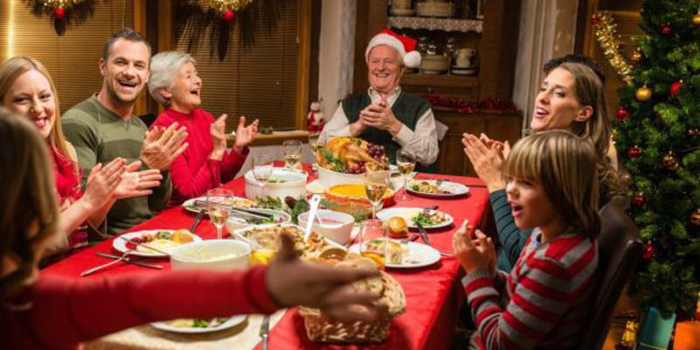
During this day, religious acts are carried out, as well as Christmas events in every city. As an example: in my town, traditional dances are common to honor Baby Jesus.
New Year´s Eve (Nochevieja) – (December 31st)
“Nochevieja” is the oldest night of the year, the last one. In Spain, we celebrate it with a family or friends´ dinner, and before 12AM we gather to listen the 12 “campanadas” (the last 12 seconds before 00:00h). We eat 12 “uvas” because each one represents a month of the year. For each “campanada”, we eat one “uva”. This is a very special tradition and really characteristic of our country. The main square of every single city is filled up with people waiting for the clock to start “las campanadas” in order to eat “las uvas”.
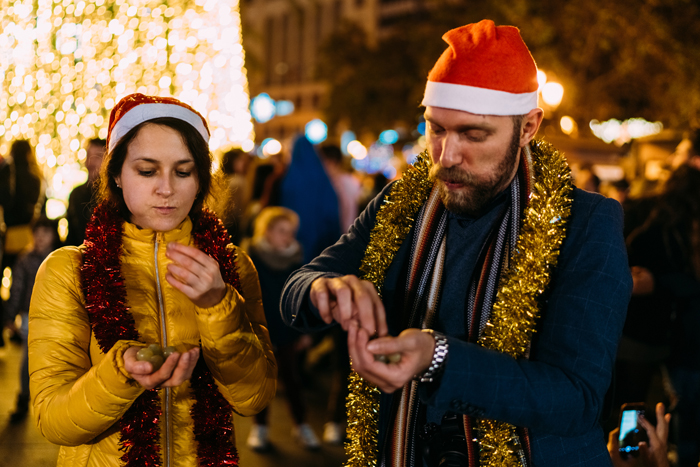
It is very popular, for example, “la Plaza del Sol” in Madrid, which appears on TV. Everybody dresses-up with “el cotillón”, a bag full of necklaces, whistles, masks and different accessories to use during the night. We also wear red underwear during this night.
After the 12 “campanadas”, we “brindamos” with “cava” and everybody congratulates their family and friends for the new year saying: “¡Feliz año nuevo!”. Usually, there are also “fuegos artificiales”. After, New Year´s Day arrives (January the 1st) and we celebrate the new year with our families.
‘Nochevieja’ VOCABULARY:
- Campanadas
- Uvas
- Brindar
- Cava
- Cotillón
- Felicitar el año nuevo
- Fuegos artificiales
- ¡Feliz año nuevo!
You can follow the Spain “campanadas” on every Spanish TV channel. For example, on these ones:
TVE
A3
Telecinco
Cuatro
La Sexta
Los Reyes Magos
On January the 5 th we celebrate “La noche de Reyes” and on the 6th, “el día de Reyes”. It´s the night when “los Reyes Magos” go to every house to put the “regalos”. In every city there is a “desfile” or “cabalgata” around the streets, where “los Reyes Magos” parade and greet people. There are also very beautiful spectacles. “Los Reyes Magos” are called: Melchor, Gaspar and Baltasar.
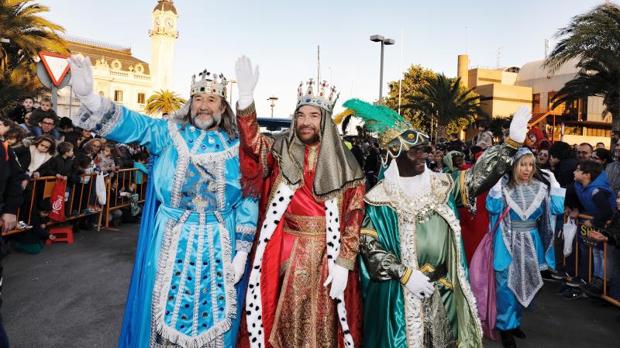
Some houses get the presents on that night, but others get them the 6th in the morning. In any case, “los Reyes Magos” bring great joy, specially to the children. The kids use to write their “carta para los Reyes Magos” weeks before, where they ask for the gifts they want. It is said that if a child misbehaved, “los Reyes” will bring him “carbón”.
That´s why we have “carbón dulce” that you can actually eat. We have a special sweet as well: “El Roscón de Reyes”, a ring-shaped cake with cream filling. Inside it, small figures of “los Reyes Magos” are hidden, and also “el haba”. If you get “el haba”, you have to pay for “el roscón”.
‘LOS REYES MAGOS’ Vocabulary :
- La noche de Reyes
- Regalos
- Desfile o cabalgata
- Carta para los Reyes Magos
- Carbón
- Roscón de Reyes
(You can watch this “cabalgata de Reyes” also on the Internet or on the above-mentioned TV channels.)
We hope now you have a better understanding of Spanish Christmas and its vocabulary.
We wish you a Merry Christmas and a happy New Year!
You may also like
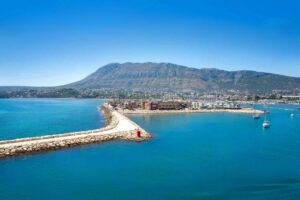
Living in Denia: Tips and Useful Information for Moving to Spain
